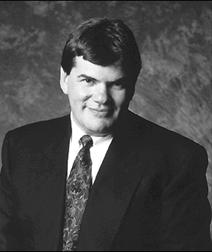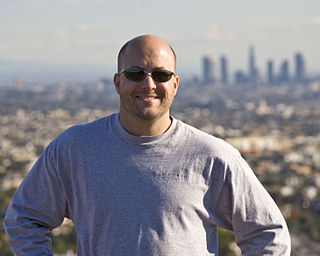A Quote by Philippe Kahn
Camera-Phones are at the root of the Citizen-Journalism revolution.
Quote Topics
Related Quotes
Anyone who does investigative journalism is not in it for the money. Investigative journalism by nature is the most work intensive kind of journalism you can take on. That's why you see less and less investigative journalism at newspapers and magazines. No matter what you're paid for it, you put in so many man-hours it's one of the least lucrative aspects of journalism you can take on.































